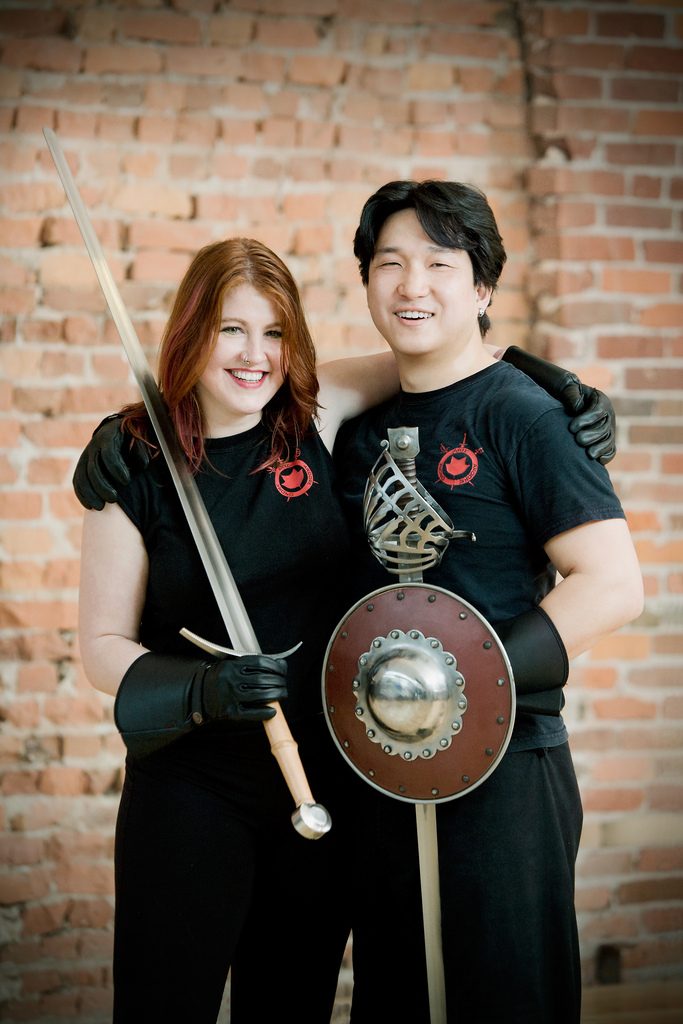Being a long-term instructor of anything means that you see a lot of students come and go and in many cases come again. It's these returners who often have the biggest challenge in being in the learning environment. These are the students who come back with a great passion and then become quickly despondent and depart again, often forever, after not meeting their own exceedingly high expectations.
I've been this person myself. I've taken breaks, intentional and unintentional, from many of my passions from music, to dancing, to swordplay. When you return your mind remembers how proficient you last were but what you have actually retained pales in comparison to the memory of the experience.
It's easy to look at everyone around you who has continued to advance while you were away. To look at an exercise and be frustrated that the hump you had to get over the first time is there staring you in the face all over again. To feel that you have to find your rhythm all over again.
However returning is worthwhile. Especially to something you love. You just have to be mindful about how you do it. If you can be thoughtful about your return it can be genuinely beneficial to your longterm development in your chosen discipline.
The best way I have found to return to something is to forget that you knew anything before. Return to the space of being a student -- from the beginning. There is something very special about learning a new skill, now you get to experience that special feeling again with something you already know you love. Put your ego aside and allow yourself to revel in this experience again. There are lots of benefits to this approach:
1. You get to be a quick learner. Everyone dreams of being that student who learns twice as fast as everyone else. Now as you learn for the second time you can moonlight on that experience. You don't even need to tell anyone else that this isn't your first time being a beginner.
2. What rut? If you were stuck on anything last time you were learning, maybe you've forgotten it all together this time around. Often moving away from a rut and approaching it later allows you to move more easily through it. Especially if you have the opportunity to genuinely revisit your fundamentals, most ruts start at the most essential level.
3. Reinvigorate your passion. If you can allow yourself to set aside your ego and just enjoy being a student you open yourself up to the pure passion and love for the art you practice. As we become more experienced in something it is easy to put greater demands on yourself. Returning is an ideal time to let this pressure go and just enjoy the process.
4. Learn Better. You've already had one practice run on learning the skill. This time you know what to pay attention to. With a view of the full learning arc you know where to put your attention and you can focus on gaining the skill in a greater way than you did the first time around.
5. Learn about teaching. Another thing you can do on your second time through is pay more attention to not just 'what' is being taught but 'how' it's being taught. Building your understanding of a skill from the teaching perspective will make you a better practitioner and perhaps give you an opportunity in future to share your passion for the art in a broader way.
The process of letting go of your proficiency ego requires discipline. You'll need to remind yourself each time you step into the learning environment. But that ability to let go is probably one of the most profound skills you can acquire as a learner whether you're returning to an old friend or taking up a brand new practice.
Many happy returns!
